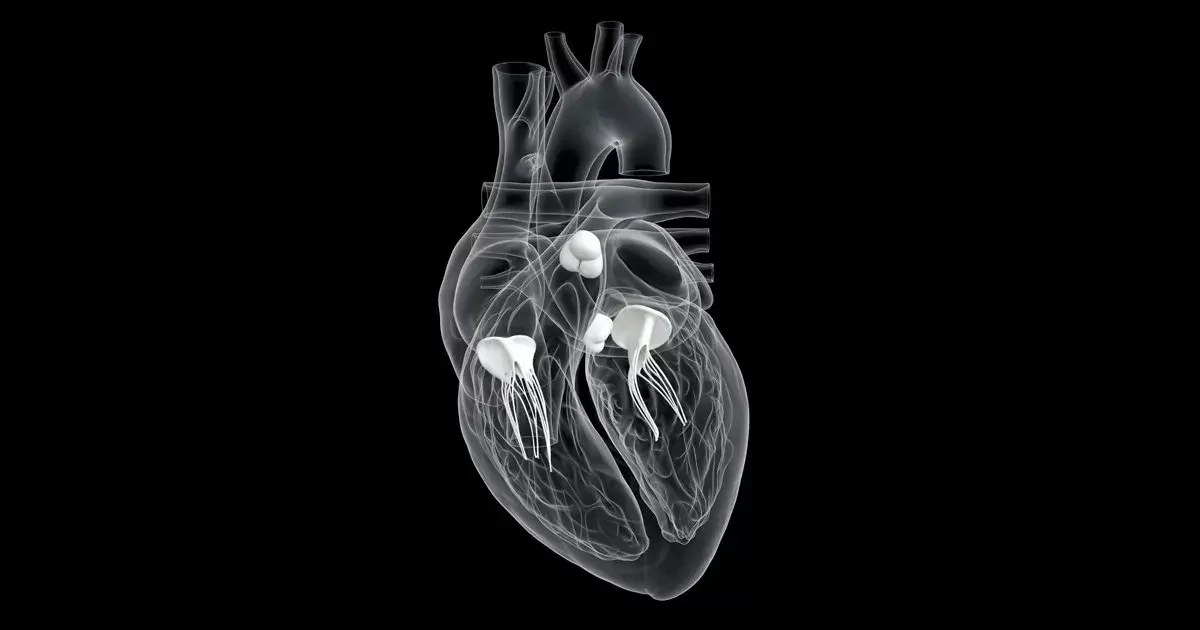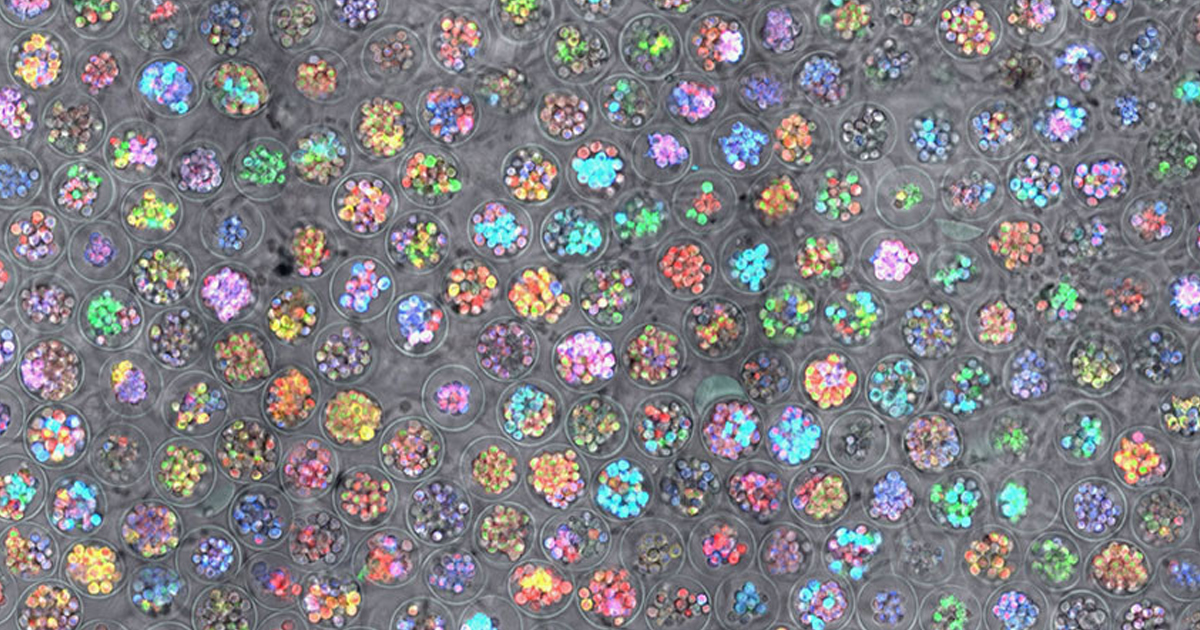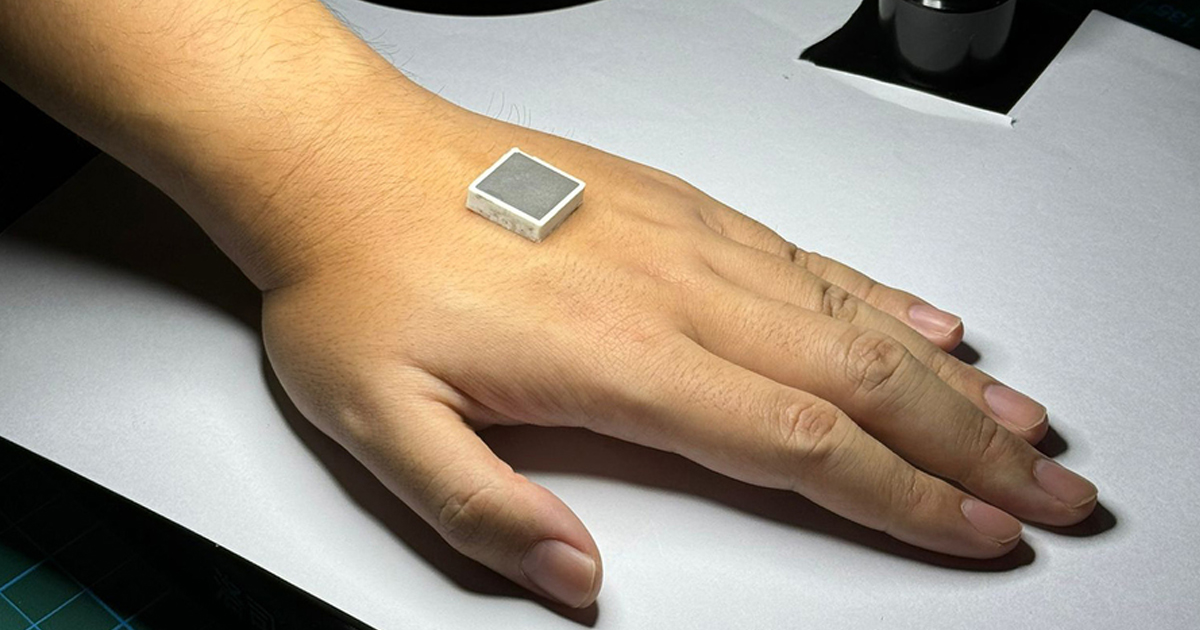Los Servicios de Salud de O’Higgins y Maule discutieron temas enfocados a la mejora de los tratamientos para combatir cáncer y su detección temprana con el objetivo de evitar que la cantidad de muertes en el país chileno a causa de este padecimiento vaya en aumento. Se abordaron los temas de teleradiología y otros sistemas digitales en el ámbito de la salud.
Chile se está preocupando por incrementar el nivel de salud en su población al desarrollar nuevas opciones que permitan combatir el cáncer con herramientas alternas que puedan manejarse de manera digital.
La División de Gestión de Redes Asistenciales (DIGERA) que corresponde al Ministerio de Salud (MINSAL) y trabaja en conjunto con los diferentes Servicios de Salud que corresponden a cada zona geográfica del país chileno, se ha puesto como meta el responder las necesidades locales de cada comunidad y, a la par, cubrir regiones con una cobertura más extensa.
Particularmente, los servicios de salud de O’Higgins y Maule decidieron enfocarse al Plan Nacional del Cáncer y a los avances en materia de atención digital para los problemas de salud como la teleradiología con el objetivo de fortalecer los sistemas de registro vigilancia epidemiológica.
Ante este contexto, la aplicación de Tecnologías de la Información y Comunicación (TIC) en el ámbito de la salud ayuda a ordenar los flujos de información, lo que permite una atención más oportuna y de calidad.
En el caso de la Teleradiología, se permite apresurar y mejorar la toma de decisiones médicas, acortando los tiempos de espera de los pacientes gracias al envío de imágenes y datos clínicos hacia un sistema de archivo e información: el teleradiólogo accede al sistema, visualiza el estudio y realiza el informe. Además, le permite realizar interconsultas con especialistas de otros hospitales para que así ambos profesionales tengan la misma información disponible y puedan trabajar sin ningún margen de error.

Los análisis de esos exámenes radiológicos se harán a distancia en el Digital Hospital, permitiendo que miles de personas puedan detectar algún tumor a tiempo y que un especialista de primer nivel pueda ver las imágenes que se generaron para realizar un diagnóstico temprano y evitar que se complique en caso de ser maligno. Lo que se espera lograr es llegar a las personas que, por motivos económicos o geográficos, simplemente no tienen acceso al igual que otros y otras.
Fernando Soto, director del Servicio de Salud O’Higgins, expresó que la alianza con el Servicio de Salud de Maule será fundamental para desarrollar más redes informáticas y por ende, mejorar la atención de salud de las personas y, lo más importante, prevenir la aparición del cáncer: lo que es objetivo particular de ambos.
Por su parte el Jefe de la DIGERA, el Dr. Rubén Gennero Riganti aseguró que el “deber y la exigencia que tienen los ciudadanos pasa por realizar una gestión de excelencia en todos los establecimientos” sin embargo, se tiene que “entender que esa excelencia tiene que ir dominada por preocuparnos en cómo viven los procesos de enfermedad, no solamente los pacientes, sino que también sus familiares y todas las personas alrededor de nuestros usuarios, para que su paso por el sistema de salud sea el mejor posible y se pueda satisfacer sus expectativas que van mucho más por el buen trato, la empatía y una mirada mucho más humana a nuestro sistema de salud”.
EL TIPÓGRAFO
COOPERATIVE
DIGITAL COLUMN
https://www.columnadigital.cl/teleradiologia-los-beneficios-de-un-servicio-a-distancia/







